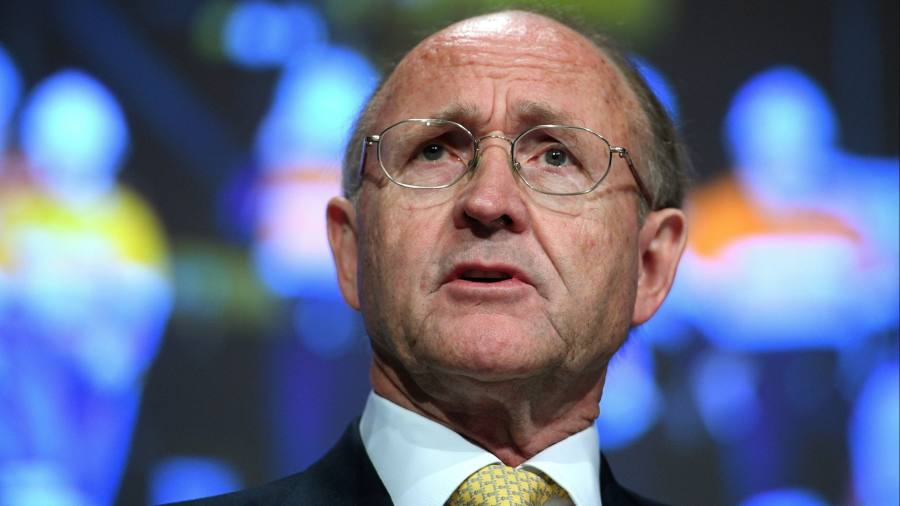
The chair of the UK audit regulator has criticised ministers for not going further in a planned shake-up of the corporate governance regime, warning they risked exacerbating the flight of companies from London’s public markets.
The government announced in May that it would widen the definition of “public interest entities” (PIEs), sweeping about 600 extra private companies into a tighter regulatory system, which at present applies primarily to listed companies.
The move was less far-reaching than options set out last year in an official consultation, the most radical of which would have roughly doubled the number of PIEs to 4,000, catching about 2,000 more private or family-owned companies.
Sir Jan du Plessis, chair of the Financial Reporting Council, said the changes would “help to build trust that more companies of systemic importance are within the scope of the regulator” but that more private businesses should be included within the regime.
If the government wanted to protect groups such as employees, pensioners and suppliers affected by recent corporate collapses, the PIE rules “should be consistently applied regardless of whether a company of a certain size is publicly quoted or privately held”, he said.
The new definition had been “too narrowly drawn” and risked incentivising large private companies to shun public markets, he added.
Under the government’s plan, private companies with fewer than 750 employees or an annual turnover under £750mn would fall outside the PIE regime, but listed companies of a similar size would be subject to the rules.
Du Plessis said the decision “has unfortunately created yet another reason why some companies would find the comfort of the private equity world too attractive to resist, exacerbating the significant long-term flow of capital away from public markets”.
Speaking on Tuesday at an event for company finance chiefs hosted by the recruiter Odgers Berndtson, the former chair of telecoms group BT and miner Rio Tinto said he had “deep concern over the significant incentives we are offering capital today to leave public markets”.
He also questioned “why we allow our regulatory regimes to discriminate between public and private capital in this manner”.
The UK stock market has in recent years suffered from a “de-equitisation” trend, with the value of public companies being taken private far outweighing that of businesses floating their shares.
Ministers have backed the recommendations of Lord Jonathan Hill, former EU financial services commissioner, and City lawyer Mark Austin, who proposed easing red tape to boost London’s public markets.
The shake-up of the PIE regime is part of a wider planned overhaul of audit and corporate governance rules following a series of financial scandals including the collapses of retailer BHS, outsourcer Carillion and café chain Patisserie Valerie.
Du Plessis also expressed “frustration” at the government’s slow pace of progress in implementing the long-awaited reforms.
It is almost four years since a government-commissioned report recommended the FRC be replaced with a more powerful watchdog called the Audit, Reporting and Governance Authority.
Ministers have pledged to publish draft legislation outlining the reforms in the current parliamentary session, which runs until April, but they have not said when the new laws would be passed.
The Department for Business, Energy and Industrial Strategy, which is responsible for the corporate governance reforms, did not respond to a request for comment.